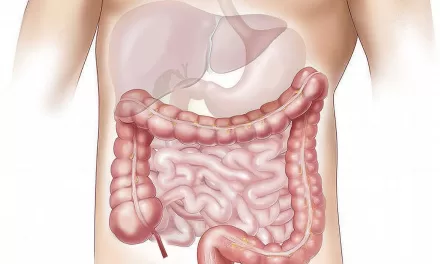January 31, 2024
Sepsis, the most common serious complication of infection, poses a significant global health challenge. With an estimated 48.9 million cases occurring annually and 11 million resulting in death, the World Health Organization (WHO) is gearing up to address this critical issue. Particularly burdening low- and middle-income countries, where resources for treatment are limited, sepsis often leads to long-term complications for survivors.
In response to the urgency of the situation, the 70th World Health Assembly called for the development of guidance on sepsis prevention and management. This resolution aimed to enhance the prevention, diagnosis, and clinical management of sepsis, aligning with WHO’s commitment to saving lives and improving healthcare outcomes.
Sepsis demands high-quality clinical care, especially in primary care clinics, emergency, critical, and operative care areas within hospitals. Early recognition, emergency care, targeted antimicrobial therapy, infection source control, intensive monitoring, and prevention of organ failure are crucial elements in optimizing patient outcomes.
The forthcoming WHO guideline will utilize the best available evidence to provide recommendations for early recognition, initial resuscitation, and the early treatment of sepsis, periods during which patients are most vulnerable. The guidelines aim to support Member States in developing and implementing national programs for sepsis management in both adults and children.
The intended audience for these recommendations is broad, encompassing healthcare workers, policy-makers, expert advisers, and technical/program staff involved in the management of sepsis. The guidelines will be published by WHO and include tools to facilitate their implementation.
To ensure transparency and public participation, WHO has disclosed the names and brief biographies of individuals being considered for participation in the Guideline Development Group. This move allows for public notice and comment, fostering a collaborative approach to guideline development. Comments received through this process will be treated confidentially, contributing to WHO’s conflict of interest assessment.
Participation in the Guideline Development Group does not necessarily imply shared views with WHO. The organization will report publicly on participating experts, disclose relevant interests, and outline any measures taken to address conflicts of interest in accordance with WHO policies.
The new guidelines represent a significant step towards a global strategy for sepsis management, leveraging the collective expertise of healthcare professionals and experts to save lives and improve outcomes for those affected by this often-deadly condition. Public comments on the disclosed information can be submitted to sepsiscare@who.int until March 4, 2024, 12:00 CET.












